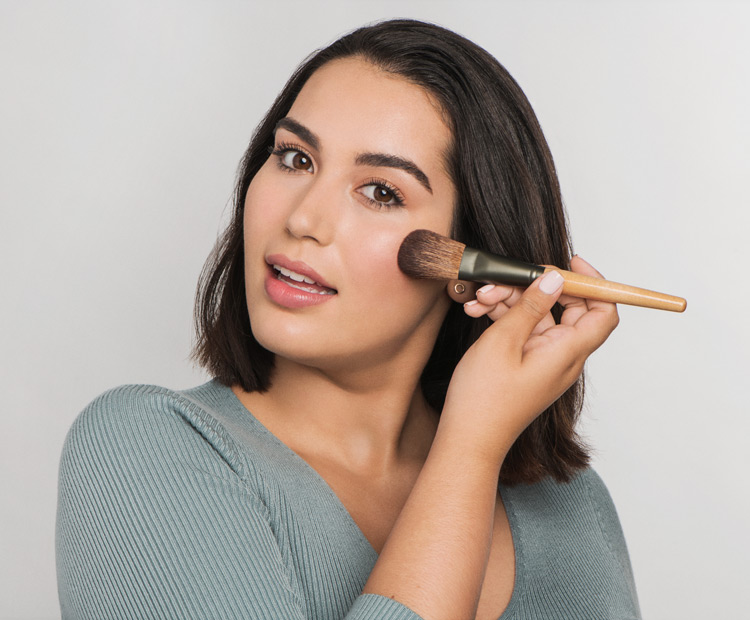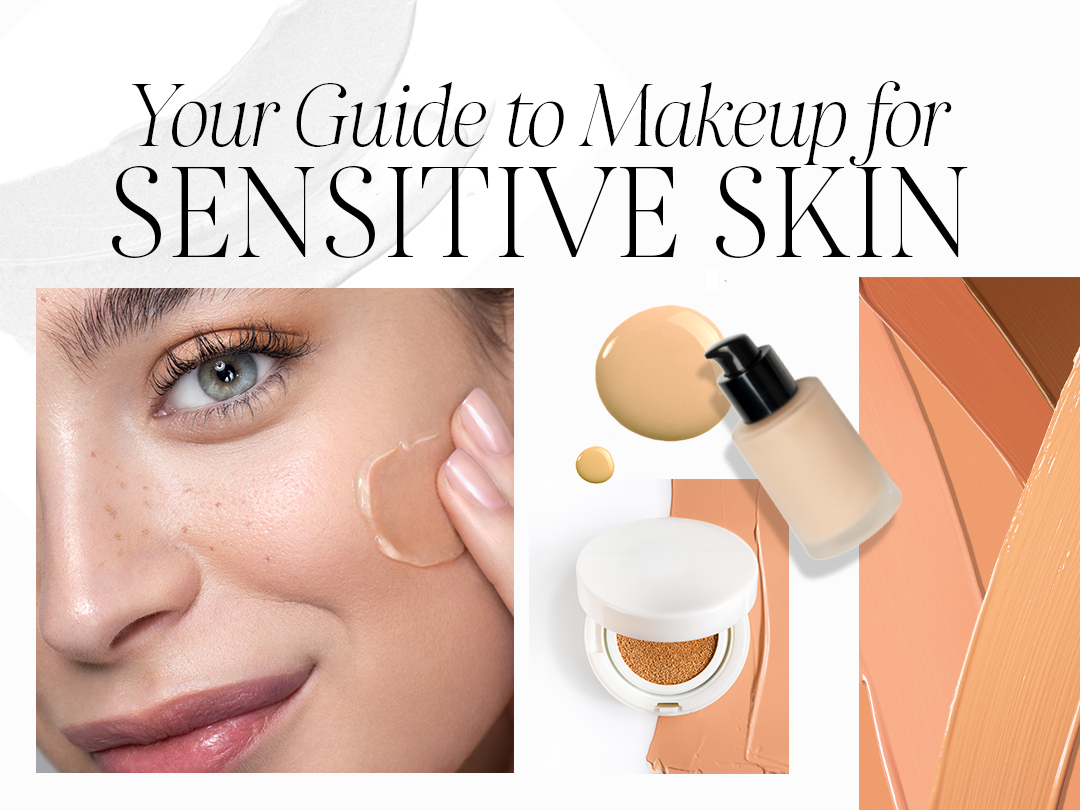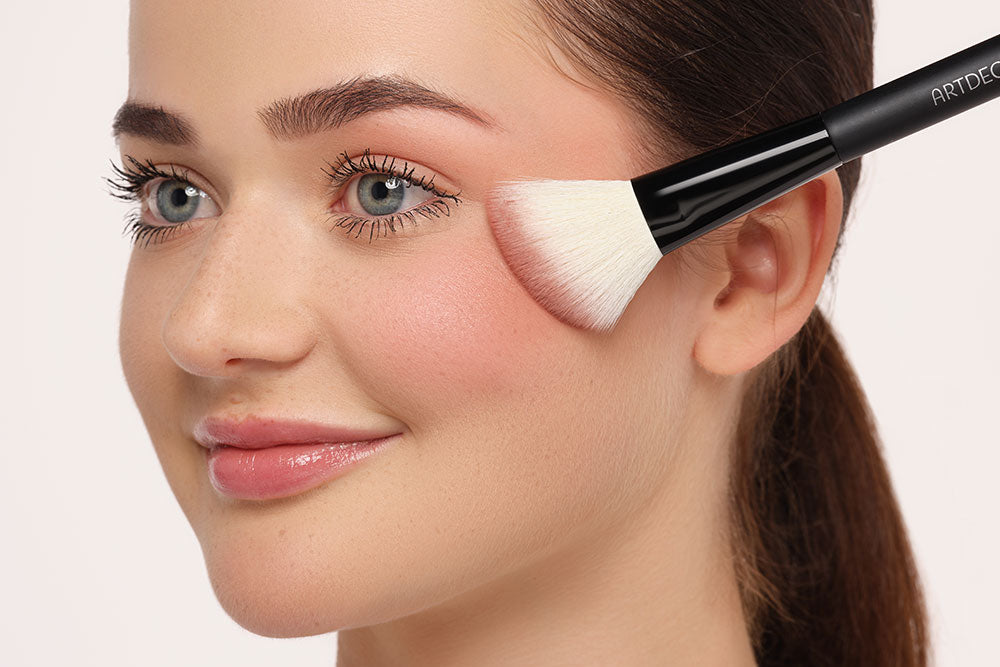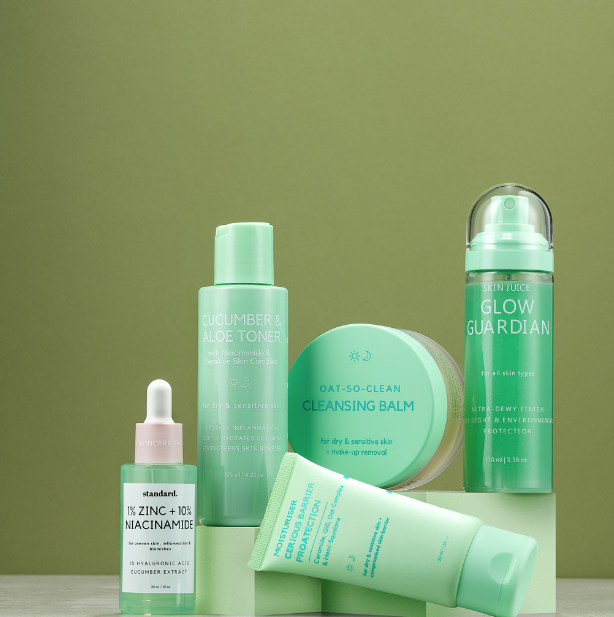Top sensitive skin makeup Tips for Achieving a natural look
For individuals with sensitive skin, applying makeup can feel like navigating a minefield. The wrong product or technique can lead to irritation, redness, or breakouts. However, achieving a flawless, natural look is possible with the right approach. This guide provides expert tips and tricks to help you choose suitable products and techniques to enhance your beauty while keeping your sensitive skin happy and healthy.#sensitive skin makeup for natural look
Understanding Sensitive Skin
Before diving into makeup tips, it’s essential to understand what constitutes sensitive skin. Sensitive skin is prone to redness, itching, dryness, and irritation, often reacting adversely to certain ingredients, environmental factors, or even stress. Common triggers include:
- Fragrances and harsh chemicals.
- Alcohol-based products.
- Abrasive exfoliants.
- Certain preservatives, like parabens.
Being mindful of these triggers is crucial when choosing and applying makeup.
1. Start with Proper Skincare
Healthy skin is the foundation of great makeup. Sensitive skin requires extra care to ensure it’s primed and ready for makeup application.#sensitive skin makeup for natural look
Tips for Prepping Sensitive Skin:
- Cleanse Gently: Use a mild, fragrance-free cleanser to remove dirt and impurities without stripping the skin’s natural oils.
- Hydrate: Apply a soothing moisturizer designed for sensitive skin. Look for ingredients like ceramides, aloe vera, or hyaluronic acid.
- SPF Protection: Choose a mineral-based sunscreen with zinc oxide or titanium dioxide, as these are less likely to cause irritation.
- Patch Test New Products: Always test new skincare or makeup on a small area of skin before full application.
2. Choose the Right Makeup Products
Selecting makeup tailored for sensitive skin is essential to avoid reactions. Look for products labeled as hypoallergenic, non-comedogenic, and fragrance-free.#sensitive skin makeup for natural look
Key Features to Look For:
- Mineral Makeup: These are often free of irritants and provide a natural, lightweight finish.
- Natural Ingredients: Products containing calming ingredients like chamomile, green tea, or calendula are ideal.
- Avoid Harsh Additives: Steer clear of parabens, sulfates, and synthetic fragrances.
- Simplified Formulas: The fewer ingredients, the lower the chance of irritation.
3. Mastering the Base Makeup
The goal for sensitive skin is to create an even complexion without overloading the skin. Here’s how to achieve a natural-looking base:#sensitive skin makeup for natural look
Primer:
A good primer smooths the skin and helps makeup last longer. Opt for silicone-free primers with soothing properties to reduce redness and inflammation.
Foundation:
- Choose a lightweight, buildable formula with medium coverage.
- Stick to liquid or cream foundations labeled for sensitive skin.
- Mineral-based foundations are excellent for a breathable, natural finish.
Concealer:
- Use a hydrating concealer to avoid creasing or accentuating dryness.
- Green-tinted concealers can help neutralize redness on sensitive skin.
Application Tips:
- Use clean tools or your fingers to apply makeup, as dirty brushes can introduce bacteria.
- Gently pat products into the skin rather than rubbing to avoid irritation.
4. Enhance with Subtle Colors
Natural makeup for sensitive skin focuses on enhancing features without overwhelming the skin.#sensitive skin makeup for natural look
Blush and Bronzer:
- Opt for cream or liquid blushes, as powders can sometimes dry out sensitive skin.
- Stick to neutral or soft shades to achieve a healthy, natural glow.
- Use a light hand to blend for a seamless finish.
Eyeshadow:
- Choose cream-based shadows with minimal shimmer, as glitter particles can irritate the eyes.
- Neutral tones like taupe, beige, and soft pinks work well for a natural look.
Mascara and Eyeliner:
- Use hypoallergenic, fragrance-free formulas.
- Avoid waterproof mascaras, as they can be harder to remove and may require harsh cleansers.
- Tightline your eyes with a soft pencil liner for subtle definition.
5. Perfect Your Lips
Sensitive skin often extends to the lips, making it vital to choose gentle and hydrating lip products.
Tips for Lip Care:
- Exfoliate gently with a soft toothbrush or sugar scrub to remove flaky skin.
- Use a lip balm with nourishing ingredients like shea butter or coconut oil.
- Choose tinted lip balms or creamy lipsticks over matte formulas, as the latter can be drying.
6. Set and Protect
Setting your makeup ensures it stays in place while keeping sensitive skin comfortable.#sensitive skin makeup for natural look
Setting Powder:
- Use a lightweight, talc-free setting powder to control shine without clogging pores.
Setting Spray:
- Opt for a hydrating setting spray with calming ingredients to lock in makeup and keep the skin fresh.
7. Removal is Key
Properly removing makeup at the end of the day is just as important as applying it.
Gentle Makeup Removal:
- Use micellar water or oil-based cleansers to dissolve makeup without rubbing.
- Follow up with a gentle cleanser to ensure all residue is removed.
- Pat skin dry with a soft towel and apply a soothing moisturizer.
8. Additional Tips for Sensitive Skin Makeup
- Stay Hygienic: Wash brushes and sponges regularly to prevent bacterial buildup.
- Avoid Layering Too Many Products: Keep your routine simple to minimize potential irritation.
- Be Mindful of Expiration Dates: Expired makeup can harbor bacteria and irritants.
- Pay Attention to Your Skin: If a product causes discomfort, discontinue use immediately.
Final Thoughts
Achieving a natural makeup look with sensitive skin is all about understanding your skin’s needs and choosing the right products and techniques. With gentle care, thoughtful product selection, and proper application, you can enhance your natural beauty while keeping your skin healthy and irritation-free.#sensitive skin makeup for natural look





